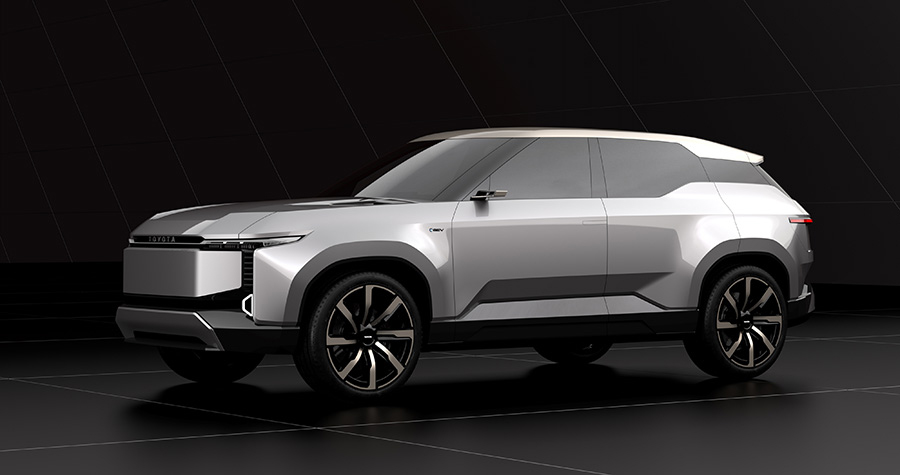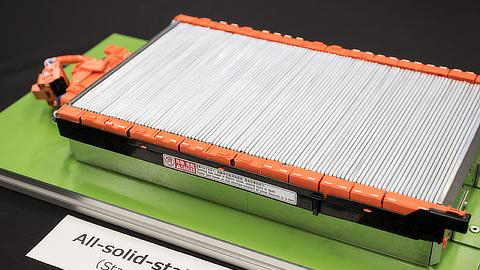Toyota edges closer to solid-state battery mass production – and it could be a game-changer for future EVs
Increased range and faster charging are just a few of the upsides

During a recent announcement, Toyota stated that it has created a partnership with fellow Japanese company Idemitsu Kosan to develop the mass production technology of solid electrolytes, inching the automotive giant ever closer to the large scale production of solid-state batteries for EVs.
Often cited as a game-changer for the EV industry, solid-state batteries address some of the biggest issues currently facing electric transportation, with Toyota suggesting upcoming production models could boast a range of 1,200km (745 miles), more than twice the range of current EVs.
Charging times could also be drastically reduced (think around 10 minutes) with the right charging stations, while the overall lifespan of a battery that uses solid materials for its electrolyte make-up, rather than liquid, is said to be greatly improved.
The partnership with Idemitsu aims to "ensure the successful commercialization of all-solid-state batteries in 2027 or 2028" followed by "full-scale mass production" thereafter, as stated in a recent press release from Toyota.
According to the Japanese automaker, Idemitsu has been working on solid-state battery technology since 2001 and has developed sulfide solid electrolytes, which are seen as a "promising material to achieve high capacity and output for BEVs (battery electric vehicles)". They are also made using by-products that are generated during petroleum refining.
The joint venture will determine whether this technology can be efficiently scaled up, with a particular focus on the overall cost, quality and lead times that will play such an important role in any eventual mass production and adoption of solid state battery tech.
Despite the difficulties faced in the complicated production methods, Toyota engineers are confident they are close to being able to roll out the technology by those proposed dates, according to The Financial Times.
Sign up for breaking news, reviews, opinion, top tech deals, and more.
Good news for range anxiety, bad news for the planet?

It feels like with every good news story surrounding electric vehicles, there nearly always has to be a downside.
Solid-state battery technology is no different, as although it will usher in a massive improvement in range and a reduction in charging times, SSBs are also a lot trickier to recycle.
Unlike their liquid electrolyte counterparts, SSBs require their layers of cathode-anode cells to be stacked and the solid electrode materials inside are often fused, making them difficult and very energy intensive to separate at end of life.
Instead, manufacturers are going to have to get smart with alternative uses for older SSBs. Although, their useful life is slated to extend beyond the current battery technology, which is already massively outperforming original estimations anyway.
You might also like

Leon has been navigating a world where automotive and tech collide for almost 20 years, reporting on everything from in-car entertainment to robotised manufacturing plants. Currently, EVs are the focus of his attentions, but give it a few years and it will be electric vertical take-off and landing craft. Outside of work hours, he can be found tinkering with distinctly analogue motorcycles, because electric motors are no replacement for an old Honda inline four.